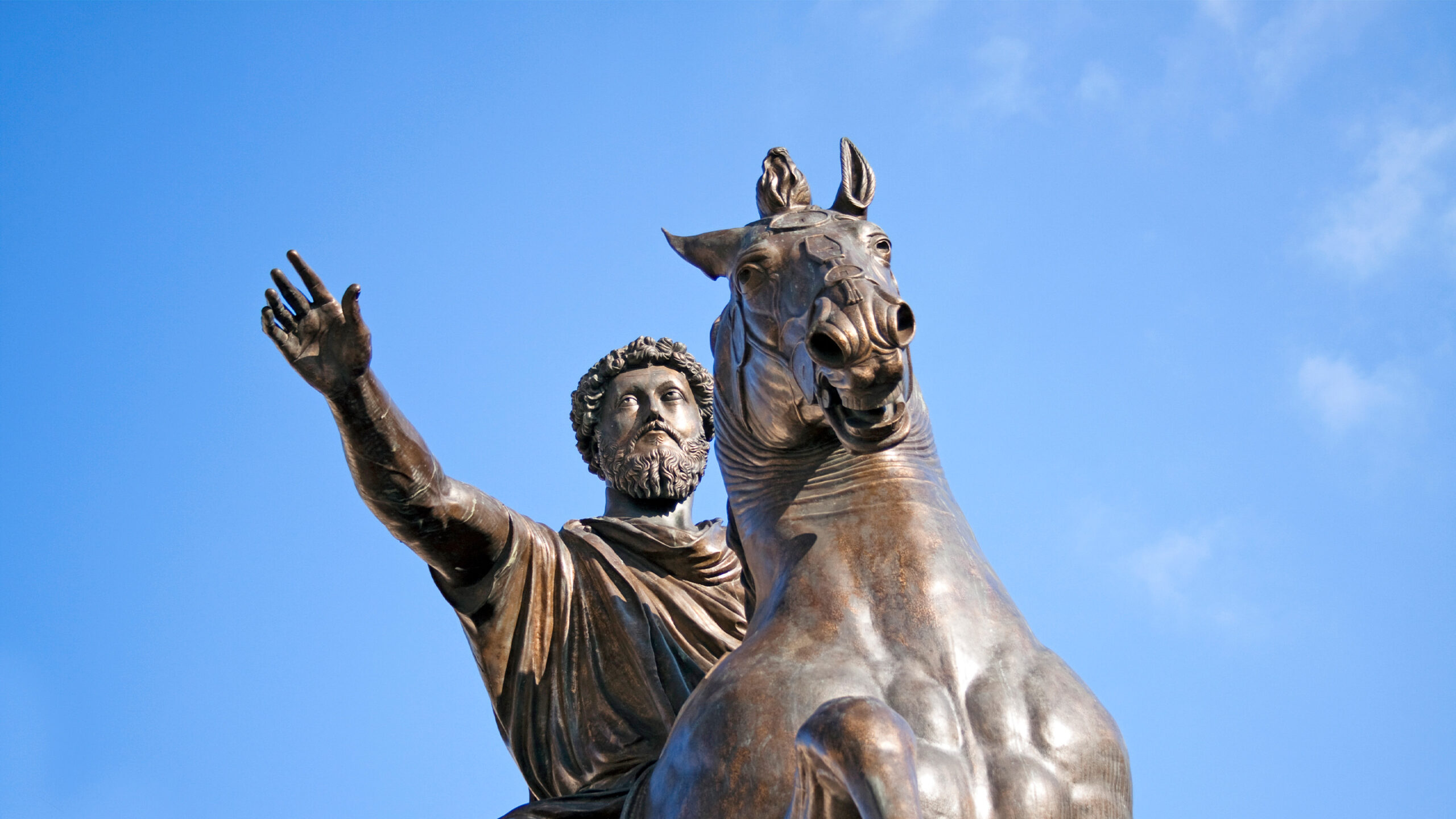Reflecting on the tenets that shape our educational practices is fundamental for …
Utilizing Ancient Philosophy as a Solution for Stress
Carlos Changemaker

Did you know that educational leadership doesn’t have to be so overwhelming? It’s hard to believe, but I’ve discovered a new approach to my job that brings me a lot of peace.
Over my 19 years of experience working with children from different backgrounds, I’ve led a large middle school math and special education department. I’ve also spent the past eight years as an assistant principal in the 18th largest public school district in the United States. These positions have put me in many stressful situations, but I’ve found that acknowledging and counteracting stress makes things much smoother.
Personally, I’ve found that embracing the ancient Greek philosophy of Stoicism makes the job easier in various aspects, including team building, collaboration, problem-solving, and staff development.
An Introduction to Stoicism
Research indicates that emotionally intelligent leaders achieve results, drive transformative change, and inspire others due to their high levels of self-awareness, self-regulation, motivation, and empathy (source).
The concept of emotional intelligence was introduced by psychologist Daniel Goleman in the 1990s, while Stoicism dates back to the third century BCE. Epictetus captures the essence of Stoicism with his quote, “It’s not what happens to you but how you react to it that matters.”
Stoicism focuses on cultivating self-awareness, self-regulation, and perseverance to overcome destructive emotions like anger and envy. One could argue that the Stoics were among the original emotionally intelligent leaders, making Stoicism highly relevant for modern leaders in the education field.
Emotionally intelligent leaders are in tune with their emotional state and stress levels. This awareness allows them to choose their perception, perspective, mood, response, and actions carefully. By adopting a Stoic mindset, you can consistently reduce your stress levels.
You may have never associated Stoicism with school leadership and wonder what a Stoic mindset entails and why it’s worth acquiring.
Developing a Stoic mindset requires a deep understanding of Stoicism’s principles. Stoicism is an ancient philosophy founded by Zeno of Citium around 300 BCE in Athens (modern-day Cyprus). Prominent Stoic figures include Zeno of Citium, Marcus Aurelius, Seneca, Epictetus, and Chrysippus. The four virtues of Stoicism are courage, temperance, justice, and wisdom (source).
At its core, Stoicism emphasizes perception, action, and will. It promotes empathy and understanding in interpersonal relationships. While the English term “stoic” often conveys emotional detachment and endurance of pain, Ryan Holiday and Stephen Hanselman argue that Stoics are highly emotionally intelligent and detached from hasty judgments, impulsive decision-making, and negative emotions.
So how does a school leader embody courage, temperance, justice, and wisdom on a daily basis? Simply put, Stoic leaders embrace a particular way of life. They rise early, immerse themselves in reading, plan effectively, reflect on their practice, communicate skillfully, and collaborate with others.
Managing Leadership Stress
“You have power over your mind, not outside events; realize this, and you will find strength.” – Seneca
The great Stoic philosopher Seneca believed in the power of the mind. Mastering mind over matter is key to managing stress. As an educational leader, stress is unavoidable. The key to managing it lies in radically accepting the things beyond your control. Radical acceptance, a concept from dialectical behavior therapy (DBT), involves embracing the present moment without emotional attachment (source).
Embracing radical acceptance isn’t pessimistic; in fact, it empowers you to identify your leadership stressors and plan accordingly.
Ultimately, Stoicism entails letting go of things beyond your control. Stoics consider worrying unproductive and energy-draining. Instead of dwelling on problems, they direct their energy towards finding solutions. In addition to radical acceptance and a lack of worry, Stoics cultivate the discipline of perception.
Dr. Cynthia Ackrill, a stress reduction expert, explains that stress is often a reaction to perceived events. She says, “The majority of [stress] does depend on perception. Whenever our perception doesn’t meet our expectations, we feel stressed” (source).
Stoic leadership is a way of life and a mindset that requires emotional intelligence. As a leader, your productivity increases when you can quickly navigate the challenges of leadership. Effective leaders focus on what they can control, manage their stress and emotions, and make sound decisions. Since leadership always presents obstacles, adopting a Stoic mindset is crucial.



